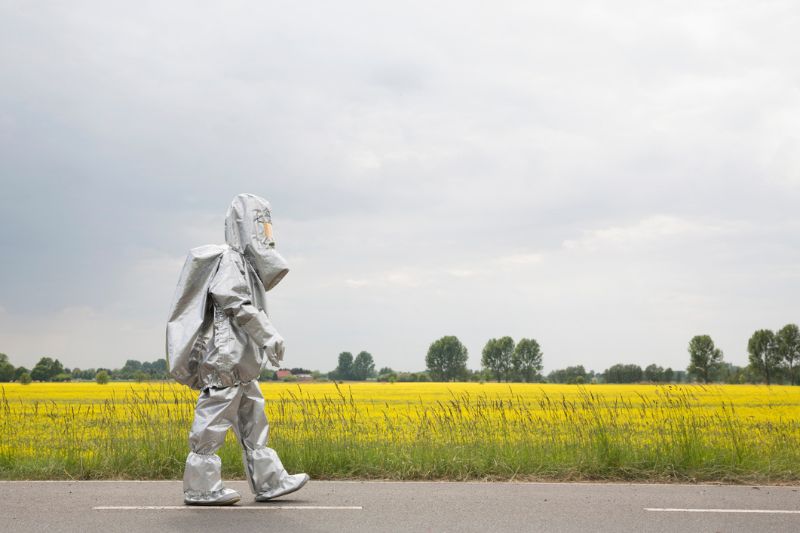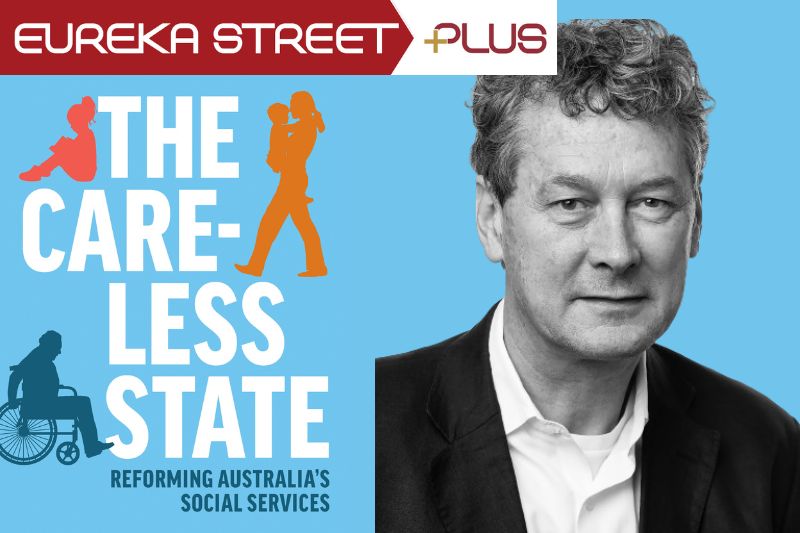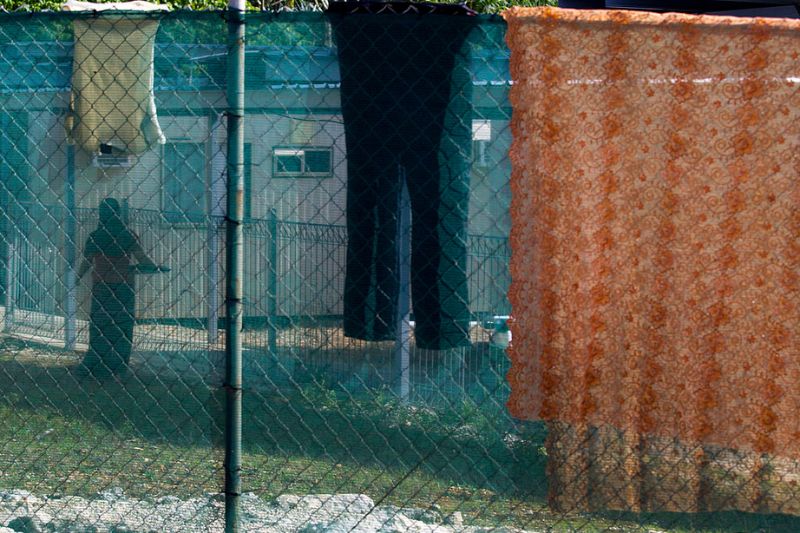Keywords: Australian Politics
-

ARTS AND CULTURE
- Paul Mitchell
- 10 May 2024
2 Comments
Les Murray once confessed it was his mission to 'irritate the hell out of the eloquent who would oppress my people,' by being a paradox that their categories can’t assimilate: the Subhuman Redneck who writes poems. And therein lies the ‘poem’ of Les Murray: complex, contradictory, sublime, and sometimes ready to whip his enemies with a scorpion’s tail.
READ MORE 
-
.jpg)
AUSTRALIA
- David Halliday
- 06 May 2024
5 Comments
The national conversation is very much spotlighting domestic violence and violence towards women. As a nation, we need to consider hard questions around the abundant factors within our society with connections to violence. Over three decades, we have made gains, but there’s more work to be done.
READ MORE 
-

AUSTRALIA
- Peter Mares
- 12 April 2024
1 Comment
The ABC’s recent Q+A housing special left many questions unasked and unanswered. Labor, Coalition and Green MPs all say they want more people to be able to buy their own homes. The most obvious way to achieve that would be to reduce the price of housing. Yet no politician will make that an explicit policy aim.
READ MORE 
-

ECONOMICS
- David James
- 04 April 2024
2 Comments
Big changes are occurring in the financial sector that suggest the climate change agenda is starting to lose crucial support with the world’s largest fund managers. As support for ESG goals wane, the conversation is shifting to nuclear energy. But does it make any financial sense?
READ MORE
-

AUSTRALIA
- Binoy Kampmark
- 04 April 2024
3 Comments
Nuclear energy has snuck its way onto the table of Australian public policy. Given that Australia is a country that hosts military nuclear platforms, the impetus to translate it into a civilian context is proving powerful.
READ MORE
-

RELIGION
- Geraldine Doogue
- 02 April 2024
5 Comments
Each year, the Stations of the Cross liturgy affects me more than I had planned. Annually, I am left wondering: why does this ritual work? Well, it has much to offer: a narrative with exposition, climax and denouement; characters big and small; blood, gore, politics, virtue, cowardice and a pointer towards mystery.
READ MORE
-

AUSTRALIA
- Michael McVeigh
- 18 March 2024
The Federal Government looks set to bring in legislation which would make it more difficult for new candidates to put themselves forward in future elections. In a nation where more than a third of voters opted not to vote for one of the two major parties, this should concern everyone.
READ MORE 
-

ARTS AND CULTURE
- Juliette Hughes
- 15 March 2024
3 Comments
Two books about a 1942 massacre of Australian nurses were released last year. One is reliable, the other is notable for factual omissions. If we leave something out, are we then guilty of censorship? Alternatively, if our truth-telling offends someone else, what is our justification for so doing?
READ MORE 
-

RELIGION
- John Warhurst
- 13 March 2024
7 Comments
The Vatican's decision to let priests bless couples in 'irregular relationships' has sparked diverse reactions within the Australian Church, revealing the complex interplay of faith and cultural diversity within Australia’s Church communities.
READ MORE
-

AUSTRALIA
- David Halliday
- 28 February 2024
1 Comment
The main purpose of government is to promote the welfare of its people. And yet over the last few decades, through numerous inquiries, it’s become clear that the Australian government has failed to provide services for the Australian population as well as might be expected.
READ MORE
-

AUSTRALIA
- Andrew Hamilton
- 22 February 2024
If the treatment of persons is unethical, it will inevitably lead to ethical corruption in the people and the institutions involved in administering it. It is almost impossible to participate in a policy based on such unethical premises without being complicit in it. If we do, we become blinded to what we owe one another by virtue of being human.
READ MORE
-

AUSTRALIA
- Joe Zabar
- 12 February 2024
1 Comment
Much of the discussion about tax reform is about the mechanisms of collection; around changes to things like negative gearing, stamp duty, land tax, capital gains tax, and superannuation. But what is missing is a statement of values about what we expect our tax system to fund.
READ MORE